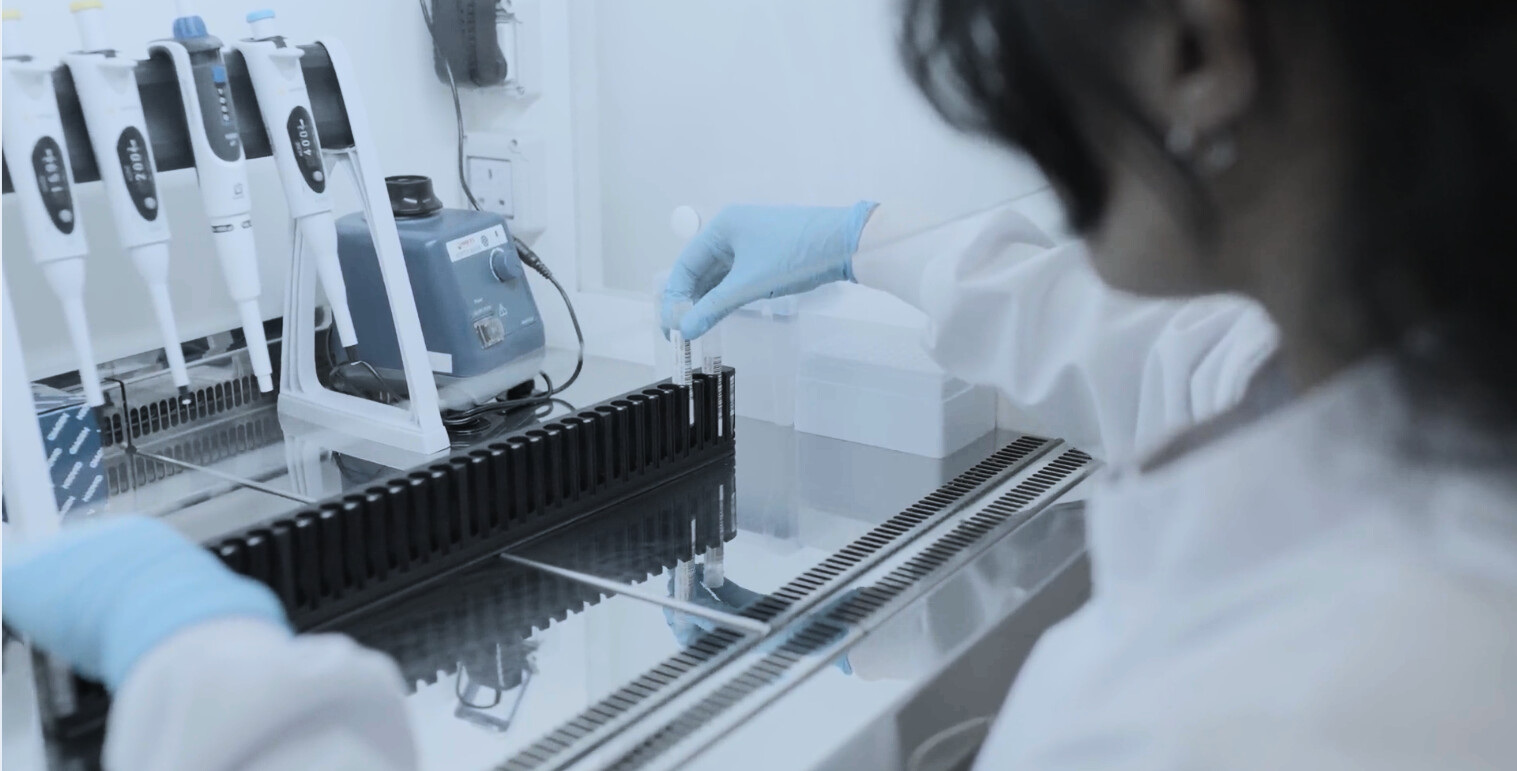DVT Risk Calculator
Travel related deep vein thrombosis (DVT) occurs when a blood clot forms in the veins of the lower leg, as the result of immobility during travel, often on a long air journey in cramped conditions. If the clot is then dislodges and travels through the venous system to the heart and lungs – at the time or subsequently – this is called a pulmonary embolism, which is often fatal.
Anyone can be at risk of DVT – the more time you spend immobile, whether travelling by air, car, bus, or train, the greater the risk. Many factors increase the tendency of the blood to form clots. These include factors such as a recent injury or recent surgery, which tend to activate blood clotting pathways; and taking the oral contraceptive pill. The more risk factors you have, the greater the possibility that a blood clot may form, and the more important it becomes to take steps to prevent this.
Our DVT calculator provides a quick and simple way to estimate your risk of flight-related Deep Vein Thrombosis, and can help point you in the direction of additional preventive measures.
Trusted travel consultation
Book NowA travel health consultation is an important part of staying safe before and after your trip. Your consultation will be with one of our expert travel nurses, where you can discuss recommended travel vaccinations, essential medications, and medical kits. We'll also address any health concerns you may have, whether you're preparing for your journey or returning from one.
| Service | Price | |
|---|---|---|
| Travel Consultation | £28 | |
| Vaccinations and medications are at an additional fee. | ||
| Travel Vaccinations: | Price per dose | |
| - - Rabies | £59 | |
| - - Rabies - Rapid Course | £59 | |
| - - Yellow Fever | £89 | |
| - - Typhoid | £49 | |
| - - Diphtheria, Tetanus & Polio | £49 | |
| - - Hepatitis A - Adult | £74 | |
| - - Hepatitis A - Child | £67 | |
| - - Hepatitis B - Adult | £60 | |
| - - Meningitis ACWY | £77 | |
| - - Cholera - Dukoral | £49 (two doses) | |
| - - Japanese Encephalitis | £145 | |
| - - Tick-Borne Encephalitis | £75 | |
| - - Dengue Fever | £148 | |
| - - Chikungunya - Ixchiq®️ | £197 | |
| - - Chikungunya - Vimkunya®️ | £197 | |
| Travel Medicines | Dependent on travel medications required | |
| Antimalarials | From £43.65 |
Fleet Street Clinic is not a VAT registered company
What is DVT?
Deep Vein Thrombosis (DVT) can be a serious risk for some long-distance travellers.
Deep vein thrombosis occurs when blood in the deep veins of your body flows sluggishly and ultimately clots, developing a blood clot. Travel-related DVT most commonly occurs in the veins of the calf muscles and the lower leg due to inactivity during travel.
There are not always noticeable symptoms, however, leg or calf pain, redness, swelling, tenderness, or leg cramps are symptoms you should be aware of.
Book an urgent GP appointment if you have recently flown and experience these symptoms.
Am I at an increased risk of DVT?
Even if you are a long-distance traveller, the risk of developing DVT is generally very small.
The risk of developing a travel-related blood clot increases with the length of time you will be flying.
Blood clots are more common in people over 50 but other factors can increase your risk, including:
- Recent surgery or injury (within 3 months)
- Cancer or recent cancer treatment
- Obesity
- A family history of blood clots and/ or Deep Vein Thrombosis
- Birth control pills or undergoing hormone therapy
- Smoking
- Varicose veins
Book an appointment with one of our doctors if you consider you are at increased risk.
I need to fly but I think am at increased risk - what should I do?
Avoid immobility, wear compression stockings, ask us about blood thinning medication
Everyone should avoid immobility when flying – get up, stretch, walk about, and stay well hydrated through the flight.
If your risk is increased, consider wearing graduated compression stockings, we always have these available and can fit them to your size – ask our nurses for more information.
If your risk is very high, or you have had a previous flight-related DVT, you may need blood thinning medication, either by self-injection or as tablets to take on the day of travel. We will be happy to prescribe these for you if they are needed.
Are you travel-ready?

Need more information?
Book a travel consultation with one of our specialist travel nurses.
During your appointment you can discuss all your travel plans and we can advise you on how to reduce your risk of travel-related DVT.
We are able to fit and provide graduated compression stockings to your correct size, if you are at increased risk.
If your risk is very high or you have suffered a previous DVT, we may advise an appointment with one of our doctors to consider whether blood thinning medication is needed for your trip.
We will also go through any travel vaccinations and travel medications you should consider.
FAQs
Unfortunately, yes this will increase your risk slightly.
Simple precautions can help reduce the risk of DVT. Avoid sitting in an immobile, cramped position, get up and move around the aircraft cabin at least once every hour. DVT is more likely if you’re dehydrated, so stay well hydrated whilst you travel and aim to drink at least the equivalent of a cup of water for every hour in the air, not counting any alcoholic drinks you consume. For more advice, book a travel consultation to discuss ways to reduce your risk.



